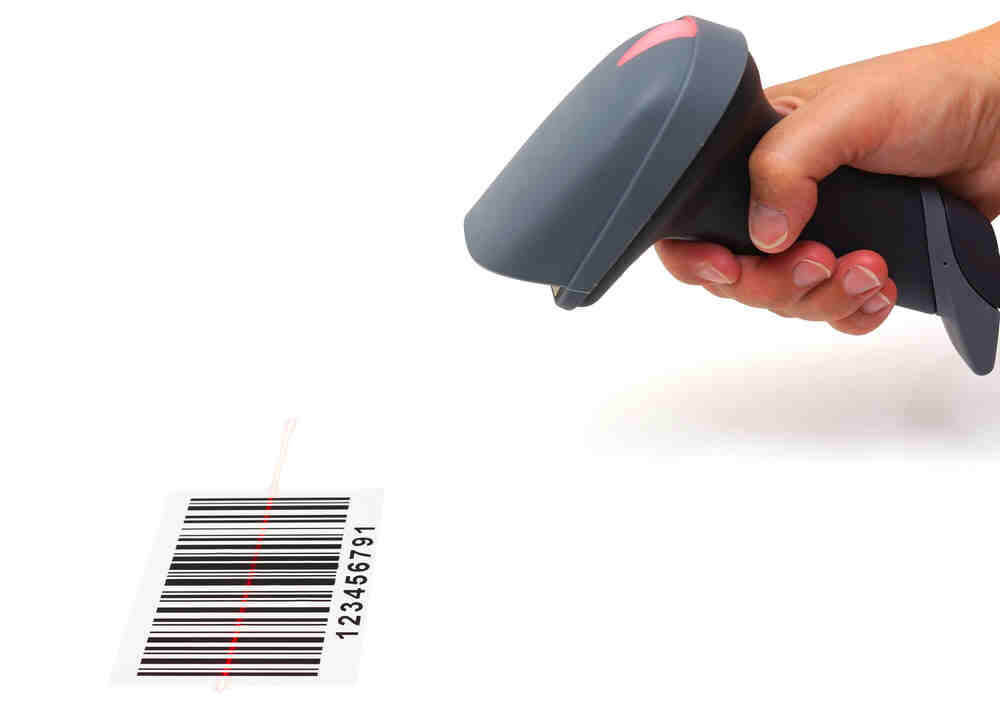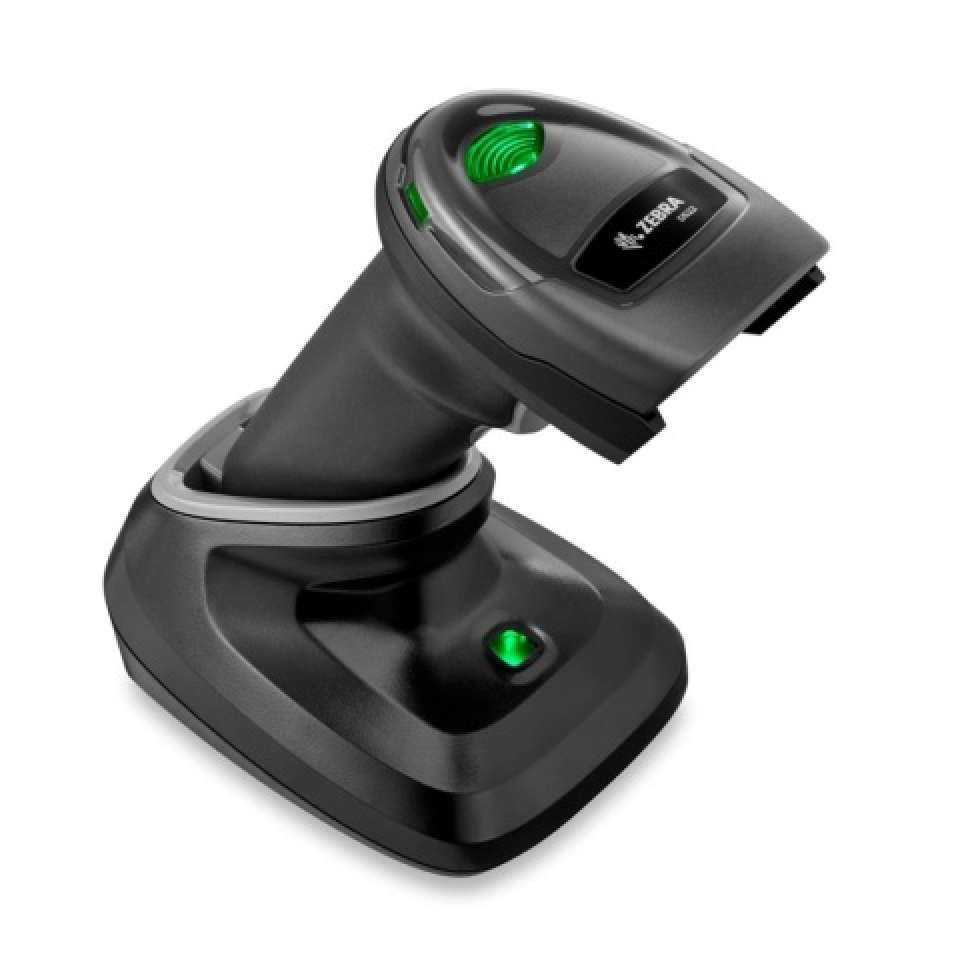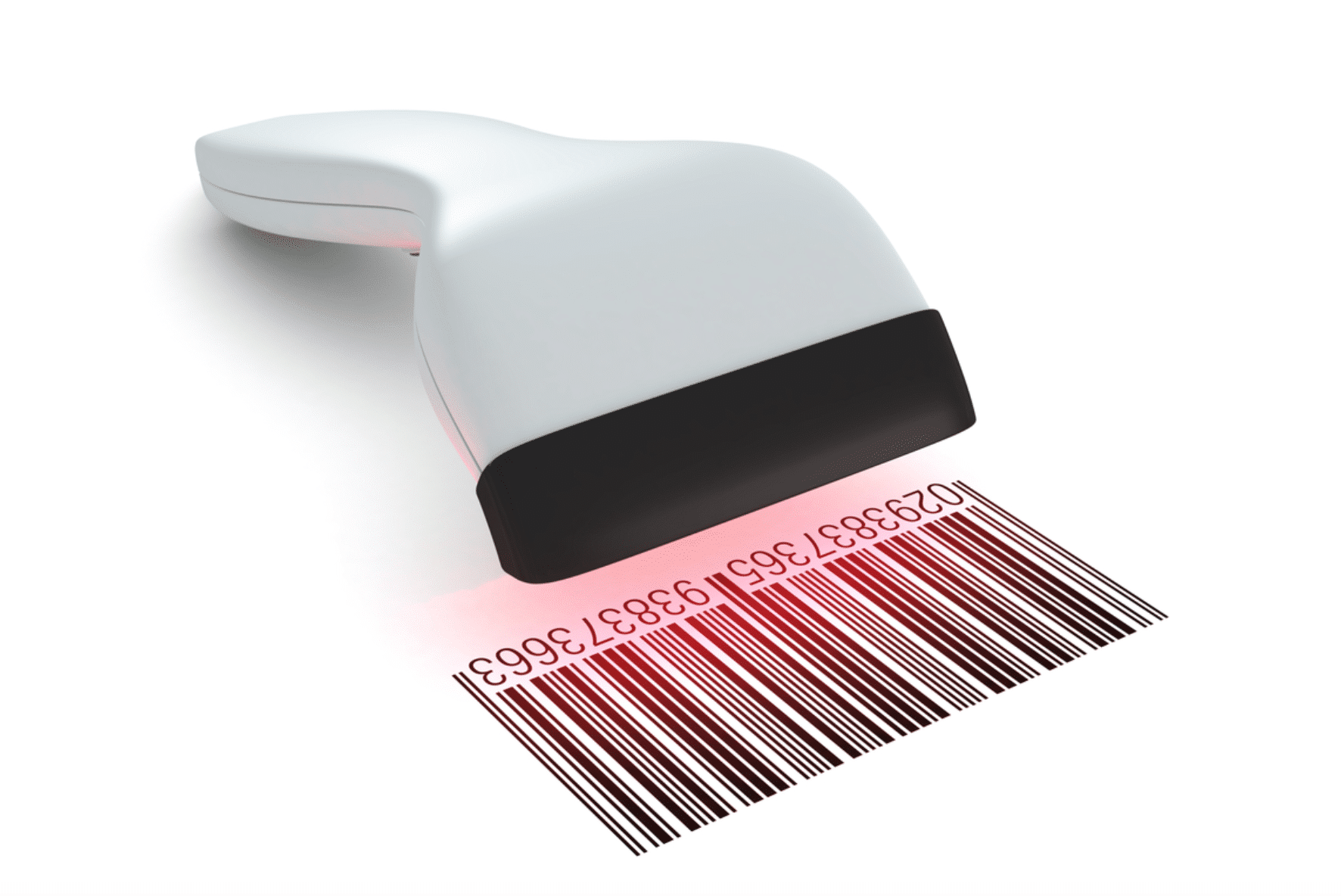Choosing the Right Barcode Scanner for Your Business Needs
Choosing the proper barcode scanner for your service requires a nuanced understanding of your particular operational needs and environmental problems. Variables such as scanner kind, rate, and compatibility with existing systems play a critical role in establishing the right option.
Comprehending Barcode Scanner Types
When it pertains to picking a barcode scanner, recognizing the different kinds offered is important for meeting particular business demands. Barcode scanners can be categorized into numerous kinds, each made for different applications and atmospheres.
Portable scanners are the most usual, providing mobility and ease of use, making them ideal for retail and inventory administration. They generally connect using USB or Bluetooth, supplying adaptability in procedure. Fixed-mount scanners, on the other hand, are made for high-volume scanning applications, usually discovered in production line or check out counters. These scanners are mounted in a fixed position, permitting fast scanning of several things one by one.
Another type is the mobile computer system, which incorporates scanning capabilities with calculating power. These tools are excellent for field operations or storehouse administration, enabling data collection and real-time stock monitoring. Furthermore, there are industrial scanners that are built to hold up against rough atmospheres, such as severe temperatures or direct exposure to dust and wetness.

Key Features to Take Into Consideration
What essential attributes should services focus on when picking a barcode scanner? Scanning rate is vital, as faster scanners boost functional effectiveness, particularly in high-volume atmospheres. The scanner's capability to check out various barcode styles is additionally crucial; ensure it supports popular kinds like QR codes, UPC, and Code 128 to suit varied stock products.
Toughness is one more essential feature, particularly for organizations in sturdy setups. Seek versions that are developed to stand up to drops, dirt, and dampness. Additionally, think about the connectivity alternatives offered; whether you choose USB, Bluetooth, or Wi-Fi, the appropriate connection can enhance integration with existing systems.

Analyzing Your Service Atmosphere
To efficiently choose a barcode scanner, businesses need to take supply of their specific functional setting. This assessment includes reviewing the physical design of the office, the nature of the products being scanned, and the regular conditions under which scanning happens. For example, a retail environment may require portable scanners that can promptly process transactions at the check out, while a stockroom setting may benefit from ruggedized scanners created to sustain harsher conditions.
Furthermore, take into consideration the volume of scanning required. High-throughput environments may necessitate sophisticated scanning innovations, such as fixed-position scanners or mobile tools that can operate efficiently in fast-paced situations. The integration capabilities with existing inventory management systems likewise play an essential role; guarantee the chosen scanner can perfectly get in touch Visit This Link with software application platforms being used.
In addition, analyze the potential for development and scalability. A scanner that fulfills existing demands may not be enough as company expands. By completely evaluating these elements, companies can select a barcode scanner that not just satisfies immediate needs yet additionally supports long-term functional effectiveness and versatility. This tactical approach inevitably adds to smoother procedures and improved productivity.
Budgeting for Your Scanner
Having analyzed the functional atmosphere and recognized the particular needs for a barcode scanner, the next step involves mindful budgeting to guarantee a clever financial investment. Establishing a spending plan begins with determining the general prices related to the scanner, consisting of first purchase cost, operational costs, and prospective upkeep fees.
When picking a barcode scanner, consider the variety of readily available choices, from portable devices to fixed-position scanners, as costs can differ substantially. It is necessary to balance expense with capability; opting for a much more affordable model might bring about increased operational inadequacies if it does not meet your service demands.
Along with the hardware, element in expenses connected to software, training, and prospective upgrades. While it may be tempting to minimize in advance expenditure, investing in a high quality scanner that straightens with your functional needs can generate lasting savings through improved efficiency and decreased downtime.
Finally, consider the overall expense of ownership, which includes the scanner's life expectancy pop over to this site and prospective resale value. By carefully preparing your spending plan, you can make certain that your financial investment in a barcode scanner will certainly boost your functional efficiency and monetary performance.
Combination With Existing Solution
Integrating a barcode scanner with your existing systems is important for maximizing its effectiveness and ensuring smooth procedures. barcodes scanners. A well-integrated scanner improves operations performance, lowers mistakes, and speeds up data handling. When picking a barcode scanner, think about compatibility with your present software and equipment framework, including your stock management systems, point-of-sale (POS) systems, and enterprise source planning (ERP) solutions
Examine whether the scanner utilizes common protocols such as USB, Bluetooth, or Wi-Fi, which can facilitate very easy combination. Additionally, analyze whether the scanner's software application uses APIs or SDKs that permit customization and assimilation with exclusive systems. This is particularly vital for companies with one-of-a-kind operational demands.
Additionally, take into consideration the scalability of the scanning service. As your organization grows, your systems ought to have the ability to suit extra scanners and manage enhanced data volumes without substantial reconfiguration. Ultimately, purchasing a barcode scanner that perfectly integrates with your existing systems will produce long-term advantages, boosting precision, performance, and overall performance within your operations. Take the time to completely analyze your assimilation needs before buying choice.

Verdict
To conclude, choosing a proper barcode scanner requires an extensive assessment of various factors, consisting of scanner kinds, necessary functions, and the particular company environment. Proper budgeting for both procurement and functional costs is important, alongside making certain compatibility with existing systems. By thoroughly thinking about these elements, organizations can pop over here improve efficiency and performance, eventually resulting in boosted operational outcomes. The appropriate barcode scanner serves as an important device in improving procedures and assisting in effective stock monitoring.